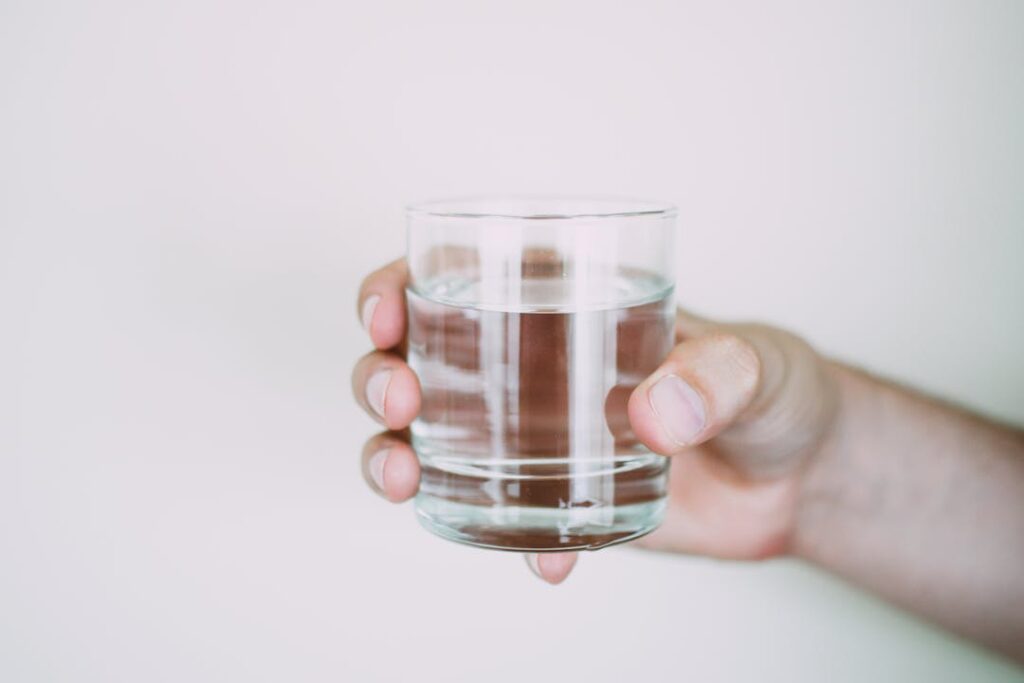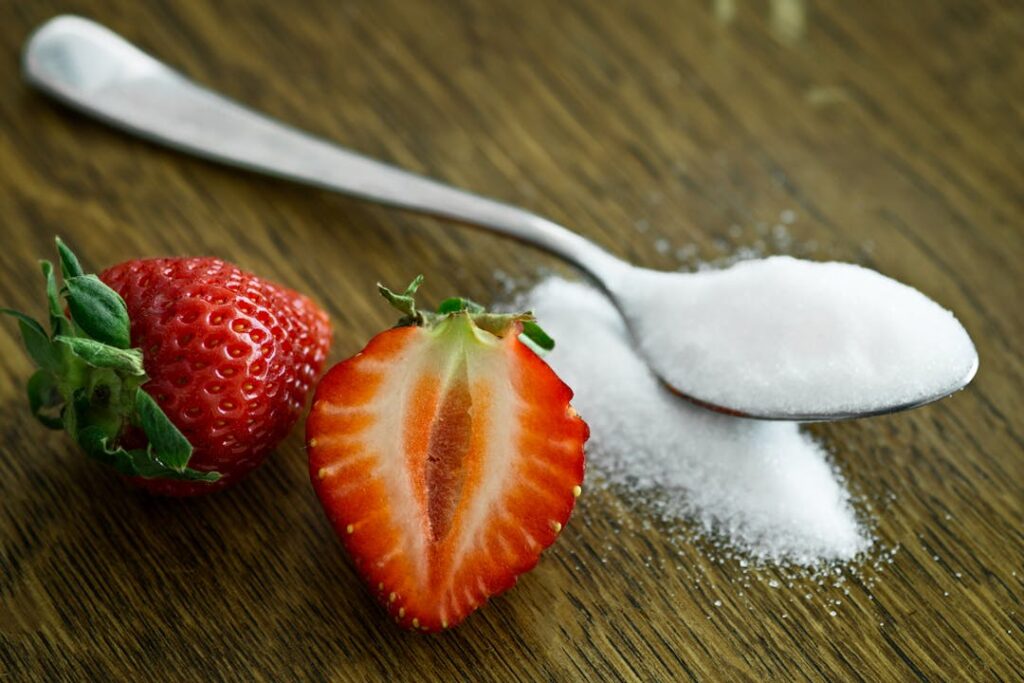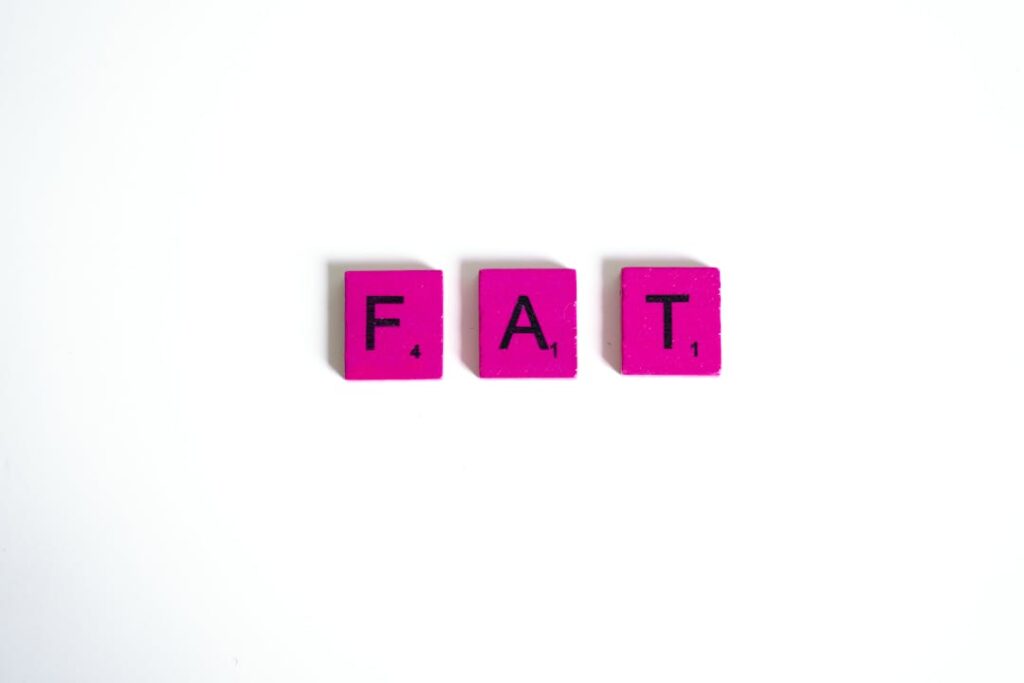We all have those little health “truths” we’ve picked up along the way—advice passed down from grandparents, tips shared between friends, or warnings we remember from childhood. But sometimes, these “truths” are actually myths, repeated so often they become ingrained in our beliefs. It’s time to play myth busters and set the record straight on five common health misconceptions:
1. Cracking Your Knuckles? You Won’t Get Arthritis!

Let’s get this one out of the way right now – cracking your knuckles doesn’t cause arthritis. It might drive your family crazy (especially at the dinner table!), but it’s not harming your joints. That popping or cracking sound is actually caused by gas bubbles collapsing in the synovial fluid, a slippery liquid that lubricates your joints and allows for smooth movement.
Think of it like a bottle of soda. When you crack open a can, you release the pressure inside, and bubbles form. In your joints, when you stretch or bend them in a certain way, the pressure changes within the synovial fluid, causing the gas dissolved within it to rapidly form bubbles, creating that familiar popping sound as they collapse.
While cracking your knuckles doesn’t cause arthritis, it’s worth noting that habitual knuckle cracking might be linked to slightly reduced grip strength and some swelling in the hands. But arthritis? You can rest easy – this myth is busted!
2. The 8-Glasses-of-Water Rule: More Like a Guideline!

We constantly hear we need to drink eight glasses of water a day. While staying hydrated is incredibly important for our health, this number isn’t a one-size-fits-all solution. Our individual hydration needs depend on a variety of factors, including:
- Activity level: If you’re hitting the gym or spending time outdoors in the heat, you’ll need to replenish the fluids lost through sweat.
- Climate: Hot, humid weather increases fluid loss, as does spending time at higher altitudes.
- Overall health: Certain medical conditions and medications can affect your fluid needs.
- Pregnancy and breastfeeding: Women who are pregnant or breastfeeding need to consume more fluids to support themselves and their babies.
Instead of obsessing over a specific number, pay attention to your body’s signals. Thirst is a clear indicator that you need to drink more. Other signs of dehydration include dark yellow urine, fatigue, dizziness, and headaches. Carry a reusable water bottle with you, sip on water throughout the day, and load up on hydrating fruits and veggies like watermelon, cucumber, and spinach.
3. Reading in the Dark Won’t Ruin Your Eyesight

Remember being told not to read with a flashlight under the covers? Turns out, our parents might have gotten this one wrong (don’t worry, it happens to the best of us!). Reading in dim lighting doesn’t damage your eyesight; however, it can lead to eye strain.
When your eyes have to work harder to focus in low light, it can lead to symptoms like headaches, blurry vision, dry eyes, and difficulty concentrating. While these effects are temporary and subside once you’re in better lighting, they’re definitely not comfortable.
The best way to protect your eye health is to ensure adequate lighting when reading, whether it’s a good bedside lamp or natural daylight. And of course, regular eye exams with an optometrist are crucial for catching and addressing any potential vision problems early on.
4. Sugar Doesn’t Equal Hyper Kids (Usually!)

The “sugar rush” is often blamed for making kids bounce off the walls, but scientific research tells a different story. While it seems logical that sugar would make kids hyperactive, numerous studies have actually debunked this myth.
Most experts believe the perceived link between sugar and hyperactivity stems from two primary factors:
- Situational Excitement: Think birthday parties, holidays, Halloween – these are events where kids are naturally more excited, and they often involve sugary treats. It’s more likely the overall environment and anticipation fueling their energy, not solely the sugar.
- Parental Expectations: Studies have shown that when parents believe their kids have consumed sugar (even when they haven’t), they’re more likely to rate them as hyperactive. It’s a self-fulfilling prophecy!
That being said, providing children with a balanced diet is still essential for their growth and well-being. Moderation is key when it comes to sugar intake, but don’t stress about the occasional treat making your child go bonkers – it’s probably just their natural exuberance!
5. Not All Fats Are Created Equal (Some Are Actually Good For You!)

For years, we were told that fat was the enemy, leading many to adopt low-fat or fat-free diets. However, not all fats are created equal. In fact, our bodies need certain fats to function properly. It’s about differentiating between the “good” and the “bad.”
Healthy Fats (The Ones to Embrace):
- Monounsaturated Fats: Found in olive oil, avocados, nuts, and seeds. These fats can help lower bad cholesterol levels, reducing the risk of heart disease.
- Polyunsaturated Fats: Include omega-3 and omega-6 fatty acids, essential for brain function, heart health, and reducing inflammation. Sources include fatty fish like salmon and tuna, flaxseeds, and walnuts.
Unhealthy Fats (The Ones to Limit):
- Saturated Fats: Found in fatty cuts of meat, full-fat dairy products, and some processed foods. While not as harmful as once thought, it’s best to consume these in moderation.
- Trans Fats: These are the worst offenders! Often found in fried foods, processed snacks, and margarine, trans fats raise bad cholesterol and lower good cholesterol, significantly increasing the risk of heart disease.
Instead of fearing fat, focus on incorporating more healthy fats into your diet. Think avocados on toast, salmon for dinner, or a handful of nuts for a snack. Your heart and overall health will thank you.
Keep Questioning, Keep Learning!
Remember, health information is constantly evolving. What we once believed to be true can be debunked with new research and a better understanding of the human body. Stay curious, keep asking questions, and always consult reliable sources like healthcare professionals and reputable medical organizations for accurate and up-to-date information. Your health is a lifelong journey, and it’s up to us to be informed and proactive!
